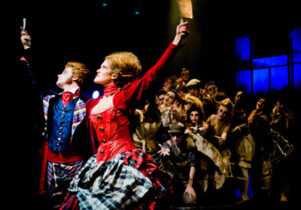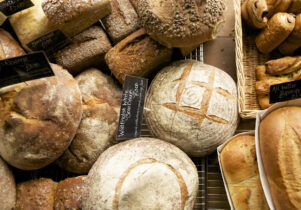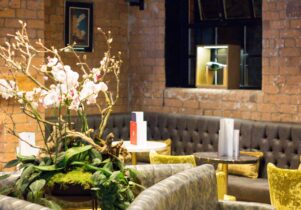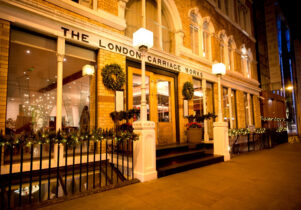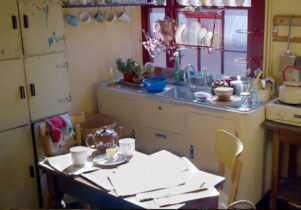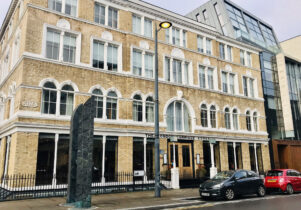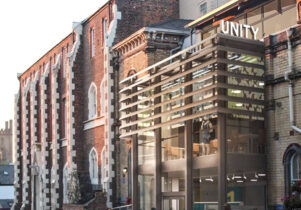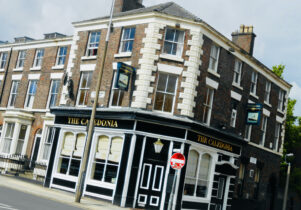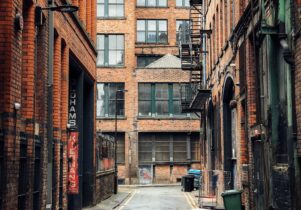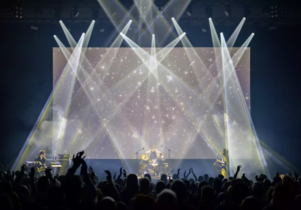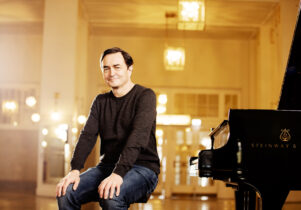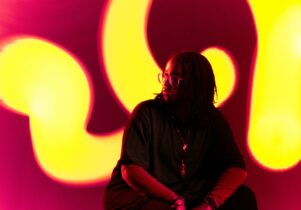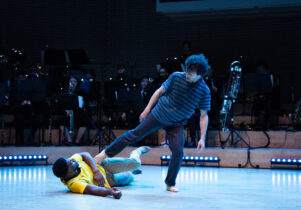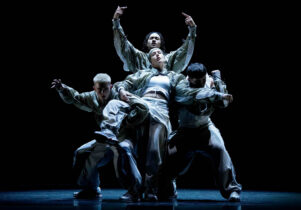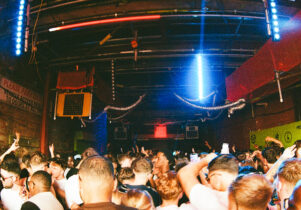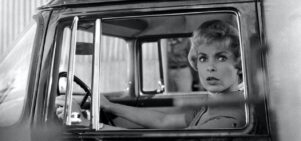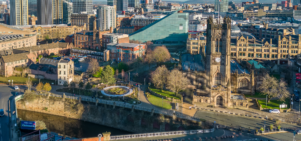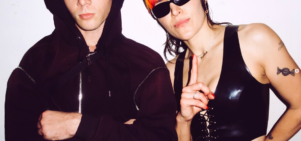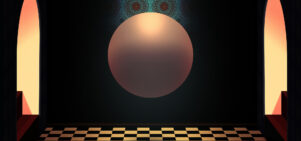Keeley Forsyth with Matthew Bourne at Royal Liverpool Philharmonic
Johnny James, Managing Editor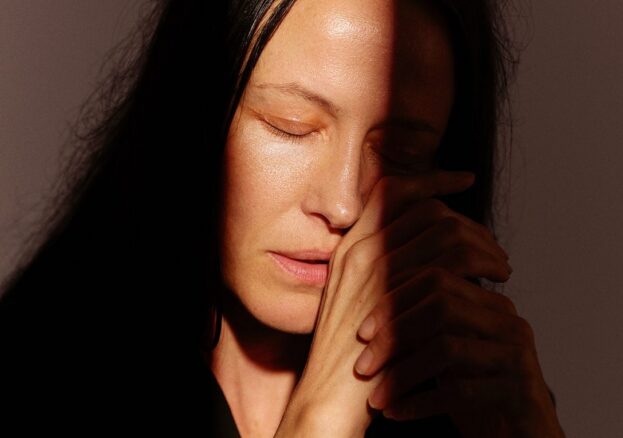
When Keeley Forsyth arrived on the scene in 2019, The Guardian called her “The new Scott Walker”. Others placed her next to Beth Gibbons, Nico or Nick Cave. But over the last five years, the comparisons have fallen off. This is partly because reference points become less helpful as an artist becomes established, but it’s also down to the music. The more Keeley Forsyth releases, the more she sounds like no-one other than herself.
Stark, bleak, uncomfortable, Keeley Forsyth’s art isn’t for the faint-hearted. It’s like watching someone carrying a great burden, unable to help. But there’s an awful kind of beauty to it, too. Forsyth’s voice emanates from the core of her body, her weighty, elemental vibrato haunting desolate landscapes in search of meaning. Just enough light guides her on her quest, with threadbare piano, strings and percussion providing a gothic soundtrack to her loneliest moments.
No-one could have guessed Forsyth would take this path. Before her debut album Debris dropped in 2020, she was known as an actress, featuring in Happy Valley, The Casual Vacancy and Waterloo Road. But a mental health crisis changed everything. A psychological and physical breakdown left her tongue paralysed for a month – an experience she charted on her debut, released at the age of 40. Limbs, which followed in 2022, was more conventionally beautiful, but The Hollow, her third album, dials up the haunting intensity several notches.
The title for this third record derives from Forsyth happening upon a long-abandoned mining shaft whilst out walking. At once alluring and hazardous, forced into a hillside, “there appeared a room and ever darkening hallway carved out of the ground. A place to be swallowed by, but also to emerge from”. It’s this push and pull that is reflected in the tone, craft, and preoccupations of The Hollow. The past lurking within and haunting the present we now occupy. A connection to time that places us within it, facing what is gone and what may come. But also, perhaps the harsh notion that time has no concern as to whether we are here or not.
The wilds of Keeley Forsyth’s adopted home in the North of England seem to inhabit the record, with Forsyth casting a lonely figure at the centre, windswept, rain soaked and blinking through the dim landscape. “There is no help here/Not for me”, her otherworldly voice chants on the title track – as spectral and bruised as anything you’ll hear. The storm-beaten ‘In the Corner’ dials up the dread with truly harrowing vocal harmonies, while the organ-led ‘Horse’ brings a hair-raising funeral march, and more bleak beauty.
Drawing on sacred music, minimalist post-classical, dark ambient, film and theatre soundtracks, the album finds Forsyth once again working with producer Ross Downes, with guest spots from pianist Matthew Bourne and saxophonist Colin Stetson. Bourne will be joining Forsyth at the Royal Liverpool Philharmonic, where the duo will perform a rare, stripped back show in the intimate Music Room. If you think this music is intense on record, imagine hearing it performed live a few feet away.

